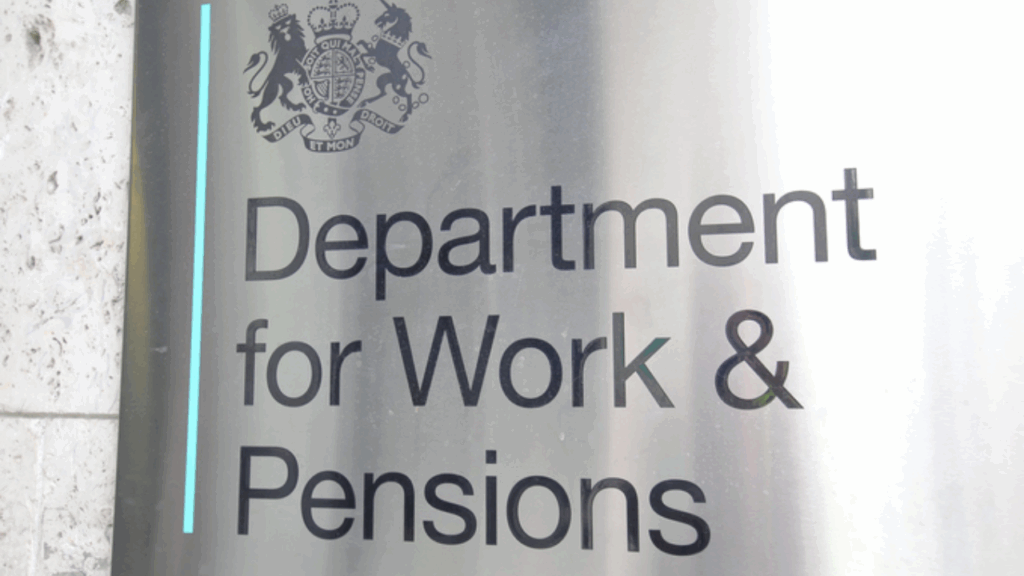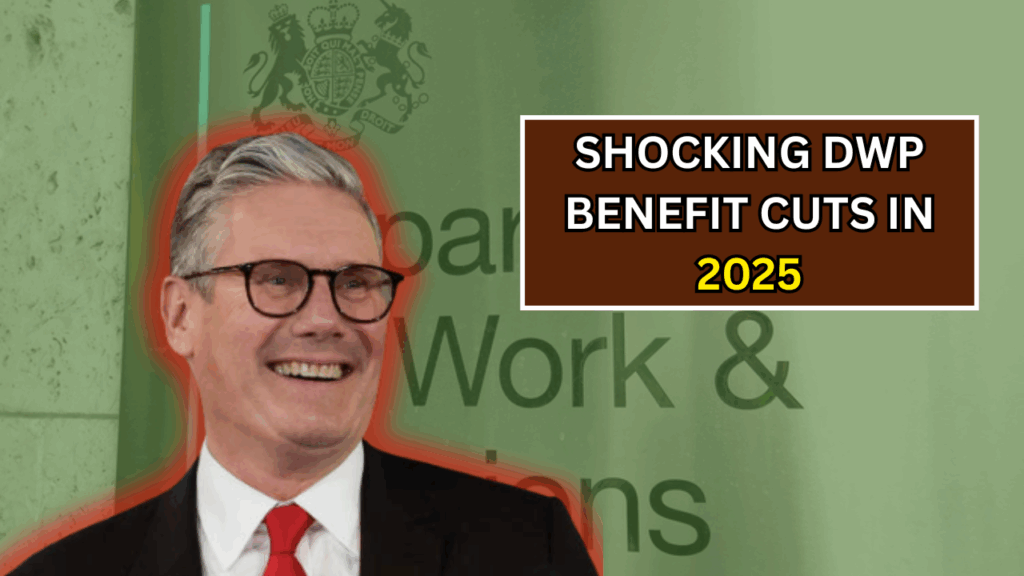The UK government has announced major cuts to disability and health-related benefits under the Department for Work and Pensions (DWP) as part of its 2025 welfare reforms. These changes, described by campaigners as the harshest in a decade, are expected to impact hundreds of thousands of disabled individuals and families across the country.
The reforms aim to reduce the welfare spending bill by an estimated £5 billion annually by 2029–30, but critics argue that the burden will disproportionately fall on the most vulnerable in society.
Personal Independence Payment (PIP) Under Fire
One of the most significant changes affects Personal Independence Payment (PIP), a benefit designed to help people with extra living costs if they have a long-term physical or mental health condition.
From November 2026, claimants will be required to score at least 4 points on a single daily living activity to qualify for the daily living component. Under current rules, applicants can qualify by accumulating points across multiple activities.
- Remove 370,000 current recipients from the benefit rolls.
- Block 430,000 future claimants from qualifying.
- Lead to an annual loss of up to £4,500 per person.
Campaigners warn that individuals with mental health issues or fluctuating conditions will be particularly affected, as their needs often do not meet the revised thresholds.
Universal Credit Health Element Frozen and Cut
The health-related element of Universal Credit (UC) is also being revised:
- For existing claimants, it will be frozen at £97 per week until 2029–30, effectively cutting its value over time due to inflation.
- For new applicants from April 2026, the payment will be reduced to £50 per week.
- 2.25 million current recipients will face the freeze.
- 730,000 future claimants will be subject to the lower payment.
These changes aim to encourage people to engage in work or training but have raised serious concerns about worsening poverty among disabled people.
Work Capability Assessment (WCA) Tightened
The controversial Work Capability Assessment (WCA), which determines whether someone is fit for work, will undergo stricter criteria. This is expected to result in:
- Around 450,000 people being reclassified as fit for work.
- An annual benefit loss of up to £4,900 per person.
However, the Resolution Foundation warns that the reforms are unlikely to deliver the intended employment gains, with only 15,400 people expected to find work as a result.
Major Impact on Disabled Youth and Families
The reforms will also end incapacity benefits for young adults aged 18–21, redirecting them into the Youth Guarantee Program, which requires them to engage in work or training. Failure to participate will lead to sanctions and reduced benefits.
Additionally, The Guardian highlights that these measures will plunge an extra 250,000 families below the poverty line, including 700,000 families already in poverty.

Public Outcry and Legal Challenges
The reforms have sparked strong opposition from political figures and advocacy groups:
- Over 80 Labour MPs have expressed their dissent, with 42 MPs labeling the cuts as “impossible to support”, according to The Guardian.
- Campaigners from Scope, Mind, and Disabled People Against Cuts have condemned the changes as “devastating and unjust”, arguing that the cuts will force many disabled individuals into financial hardship.
- The Public Law Project successfully challenged a previous DWP consultation on these reforms, with the High Court ruling it misleading and unlawful, as detailed .
Tools and Support Available
If you are affected by these changes or want to check your entitlements, several resources are available
You can also appeal any decisions regarding your benefits by requesting a Mandatory Reconsideration through the DWP within one month of the decision.
For more information on how to appeal, visit the official GOV.UK website.
Conclusion
While the UK government insists these reforms will streamline support and encourage more people into employment, the data suggests the reality may be far harsher for many disabled individuals and their families. With limited employment gains expected and significant reductions in benefits, campaigners and opposition MPs continue to demand a rethink.
These changes highlight the ongoing tension between welfare savings and social justice, leaving thousands anxious about their financial futures.





